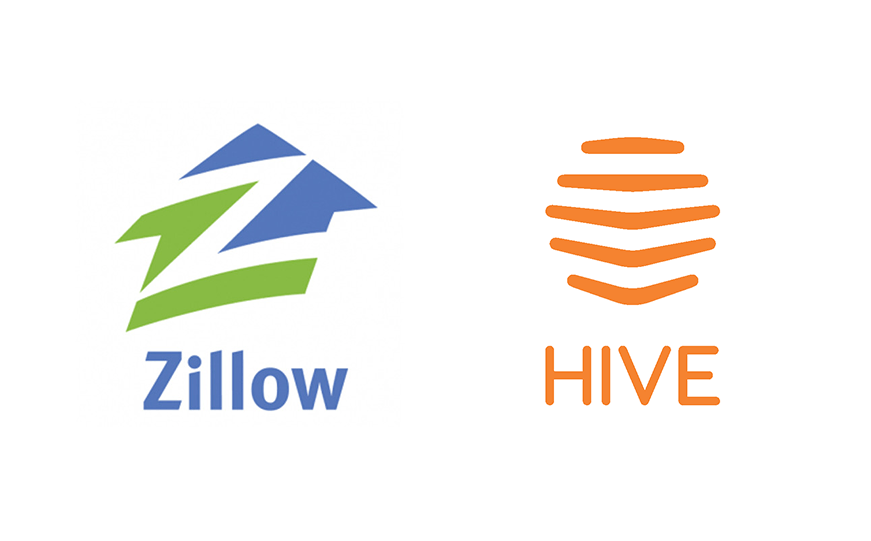The concept of home is an inherently emotional topic. It’s something that every human on earth can understand. It gets straight to the heart of who we are, and it’s intensely personal.
That’s why we urge companies in the home and building category to use emotional storytelling in their marketing. It’s such an effective means of connecting your brand to what’s important to people, and we’ve praised brands in this space, notably IKEA, for doing it well.
But here’s the thing about emotional storytelling: it can be difficult. Especially when it comes to connecting the emotions of home to your brand and product. Do it right, and you have the audience in the palm of your hand.
But if you’re careless, you can leave them confused about what you’re saying and what you’re even selling. Two recent examples give us both ends of the spectrum.
Zillow Makes Us Cry
Zillow has been on a tear lately. They fully understand what goes through a person’s head and heart when searching for a new home, and have released a series of ads that tell the stories of home shoppers.
Whether it’s a single dad living with four daughters or a jealous boy upset about the impending arrival of his baby brother, the Zillow ads masterfully view the home shopping process through their eyes. The features of the Zillow search tool are placed in perfect context, moving the stories forward, but not outshining the characters.
Their latest ad, “Stars,” might be their best one.
It features a young boy, whose dad is trying to get him excited about finding a new home. Through the imagery, and a very good performance by the actor playing the dad, we learn that the boy’s mother has passed away.
You can see the strain etched on the father’s face as he desperately tries to ease his son’s pain and help him to move forward.
Finally, at the end of the ad, as father kisses the boy goodnight in their new home, the child looks up through the skylight in his bedroom at a bright star in the sky. “Good night, Mom,” he says.
If you’re not fighting back tears by the end of this ad, wanting to reach through the screen and give the kid a hug, then you’re not human.
But the reason this ad is so effective is not just because it tells an emotional story. It’s because it connects the brand to the story in proper context: The need to buy a new home, finding a location, finding the features you want (like a skylight), are all part of the journey. The realization here is that only you know what’s most important in your new home. Zillow simply gives you the tools to find it.
Zillow understands people, and this ad shows that in large measure. They also get kudos for taking on a very heavy topic and handling it in such a tasteful way.
Hive Makes Us Squirm
On the other side of the coin, we have Hive, a smart home brand that’s announcing it presence in the US market with a new ad. This ad tries to play on the viewer’s emotions and the notion of what home means.
But in this case, they unfortunately missed the mark.
The ad seems to feature the supposedly wise voice of a man who’s reaching the age of 99, giving advice to…his…well, it’s hard to say. Most likely the advice is meant for the viewer.
The advice comes in the form of several trite phrases you might have seen on refrigerator magnets and motivational posters from the 80s. “Every second of life adds up, so make sure they’re filled with the good stuff,” the voice-over crows.
“Tickle, and be tickled. Play a little. Dance a lot,” it continues. Excuse us while we get critical. It’s as if the copywriter went to the greeting card aisle, grabbed a handful of middle-school graduation cards — took out any substance — and used the rest to write the script.
The visuals, while nicely done, don’t really help the cause. They are little more than a montage of disparate stock photos and slow-motion video clips. They’re meant to capture life’s little moments… but they’re mostly staged, one-dimensional snapshots that fall short of anything representing real life.
“Discover the Hive smart home, and do more of what you love,” comes the pitch at the end.
Um, what? How? Why should the viewer believe that?
Instead, Hive could have made the case that as a smart home brand, they help to make available many of those precious little life events (or at least provide the tools to help people recognize those moments).
They would have been well served to take a cue from Zillow and go deep on one emotion at a time and get straight to their audience’s hearts.




